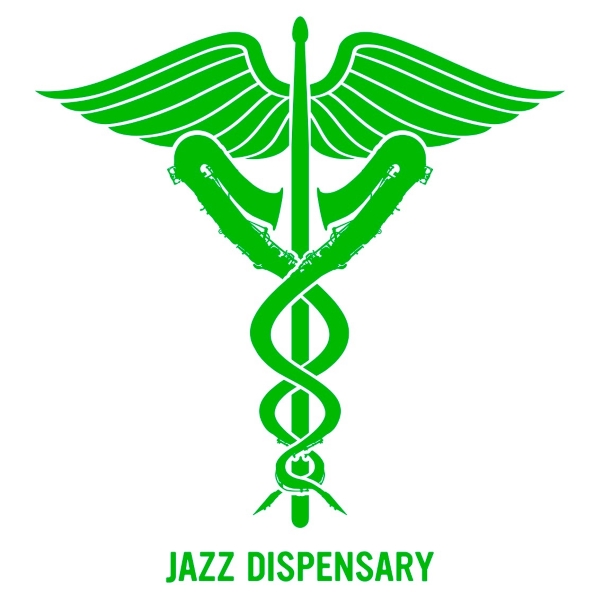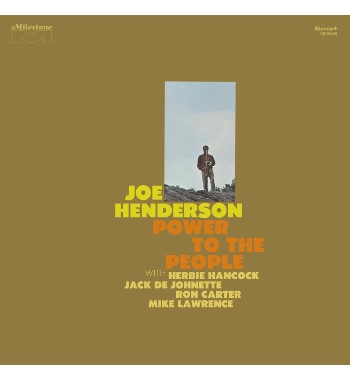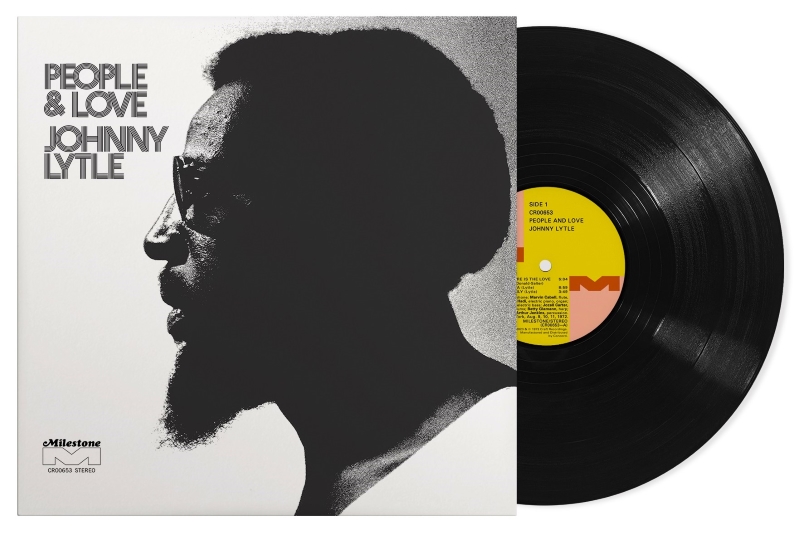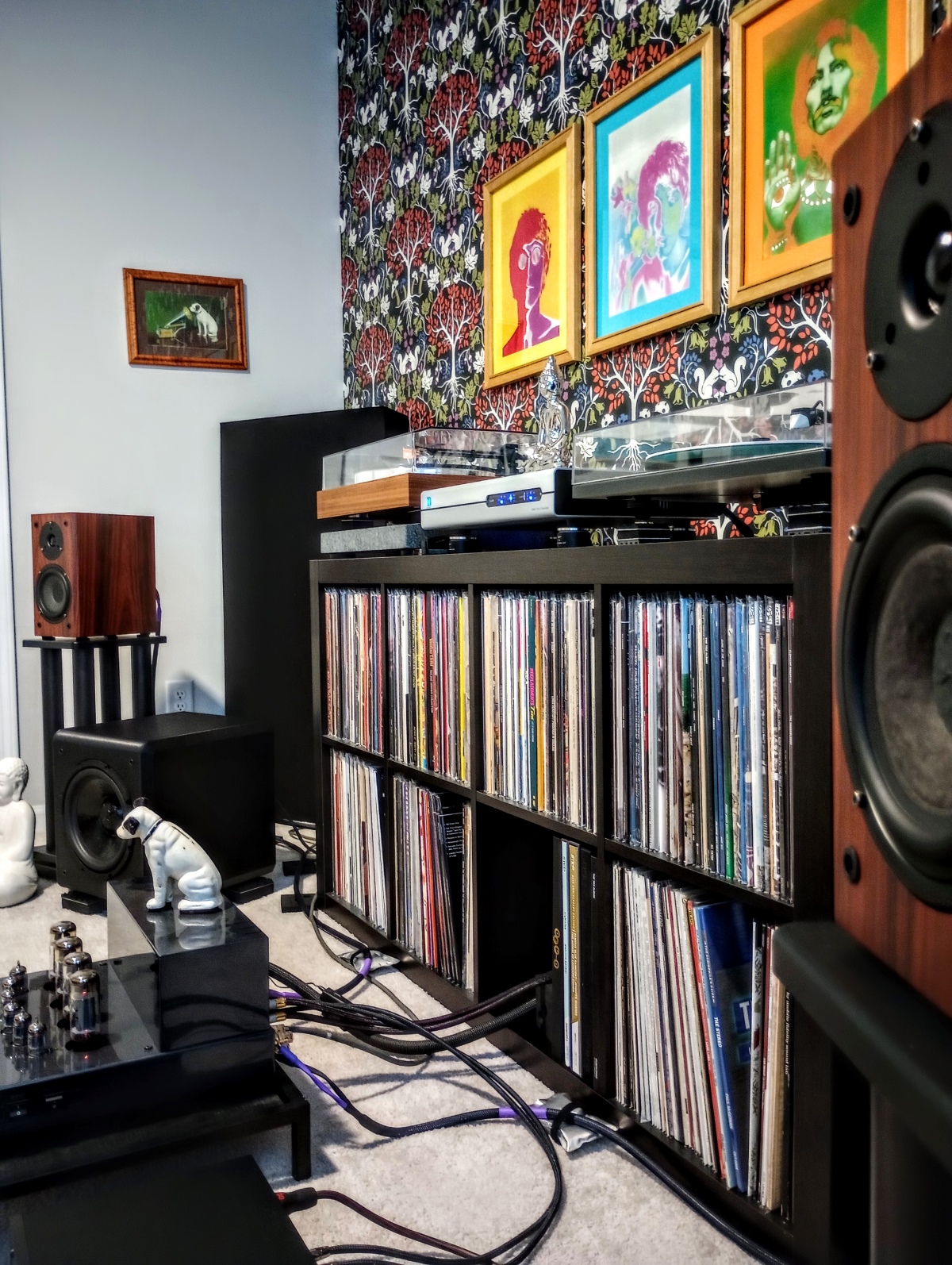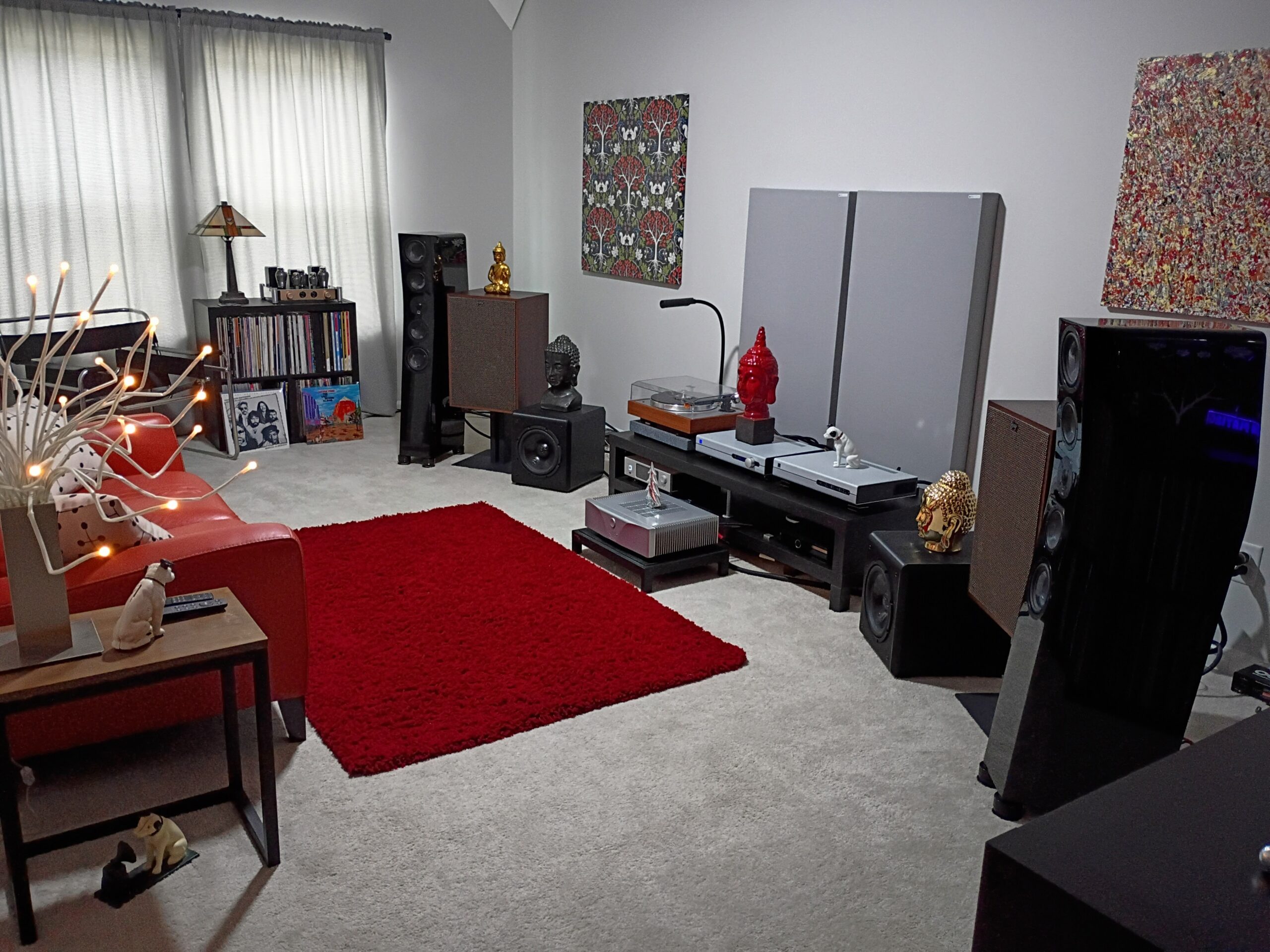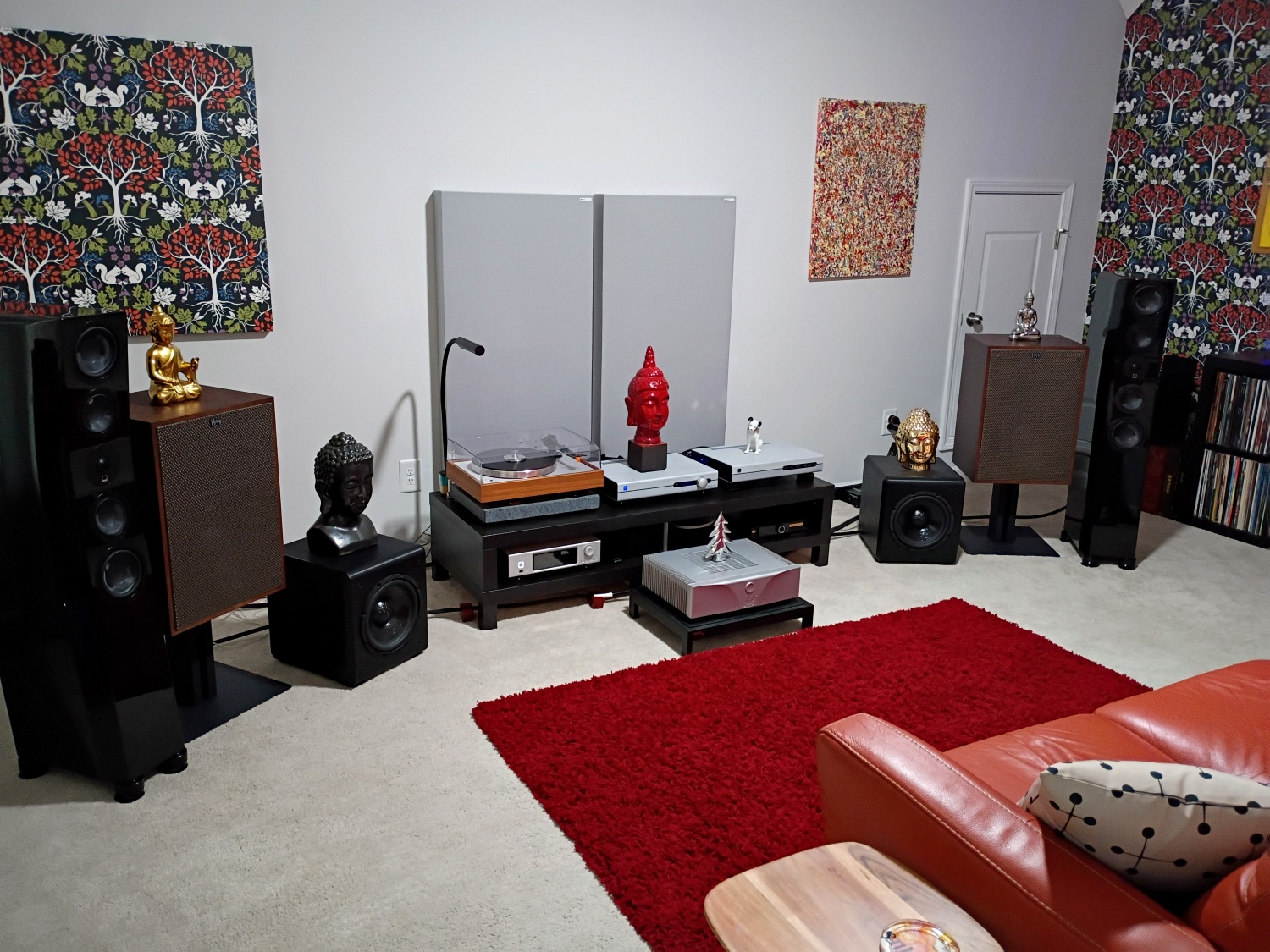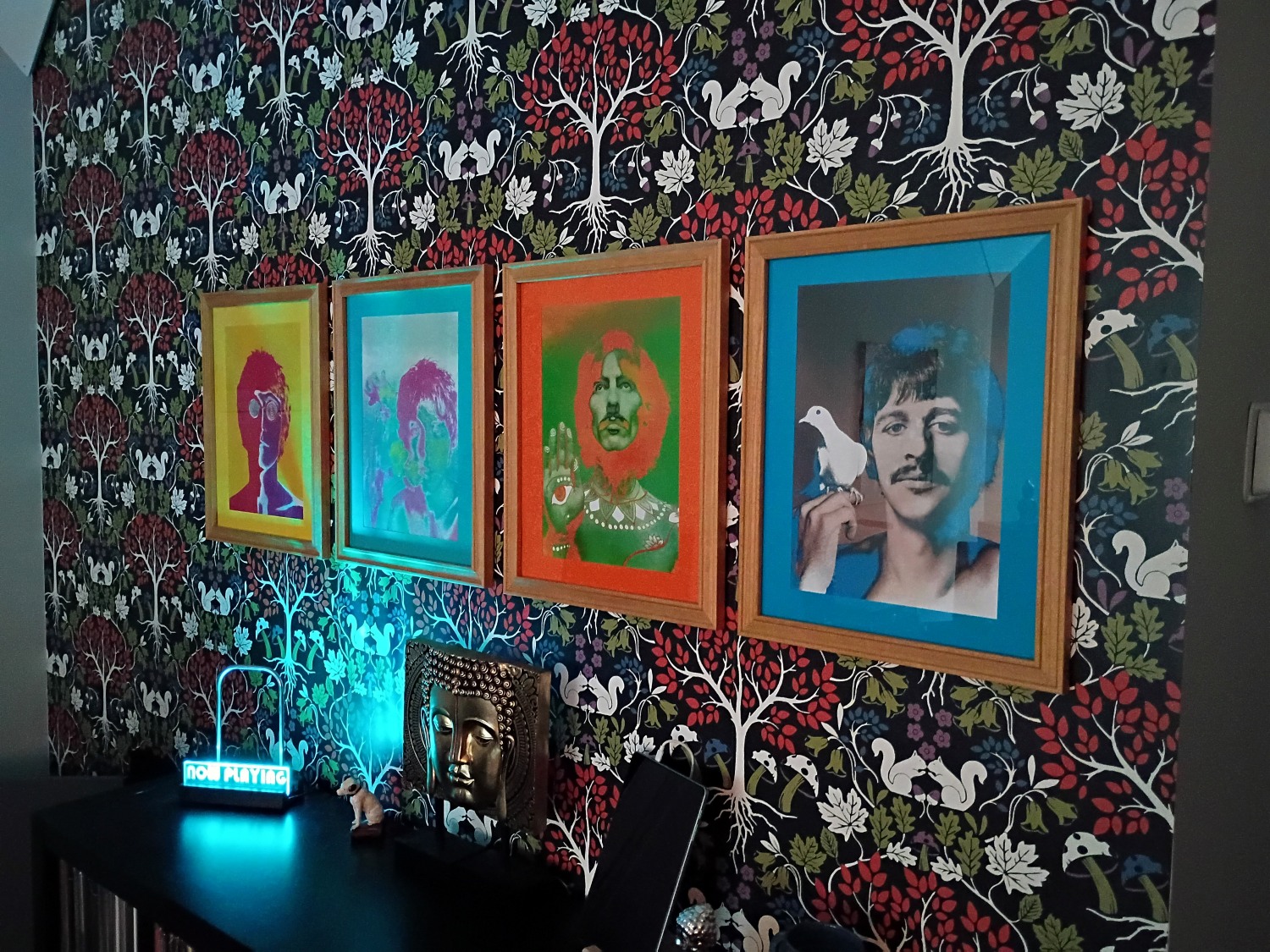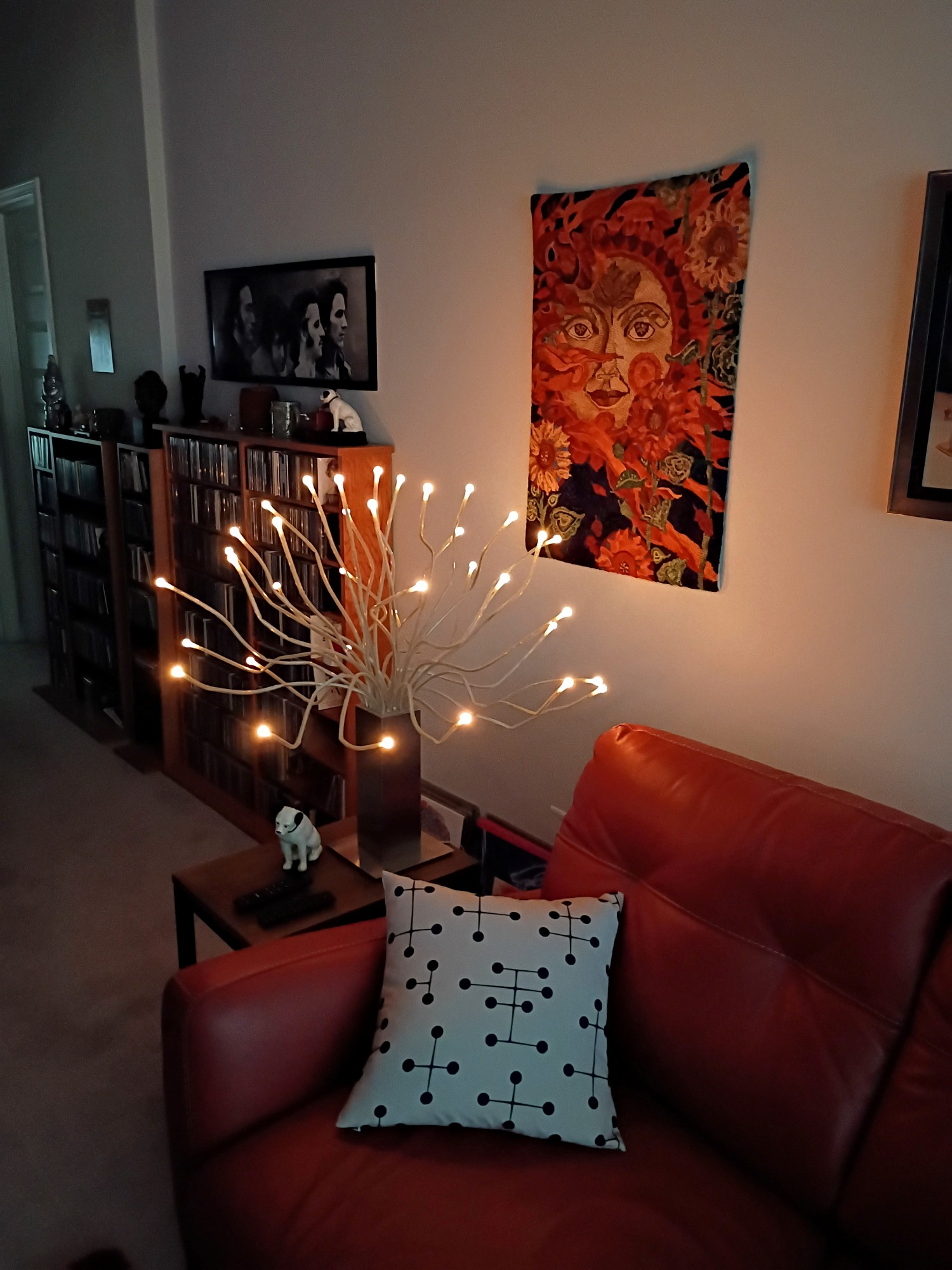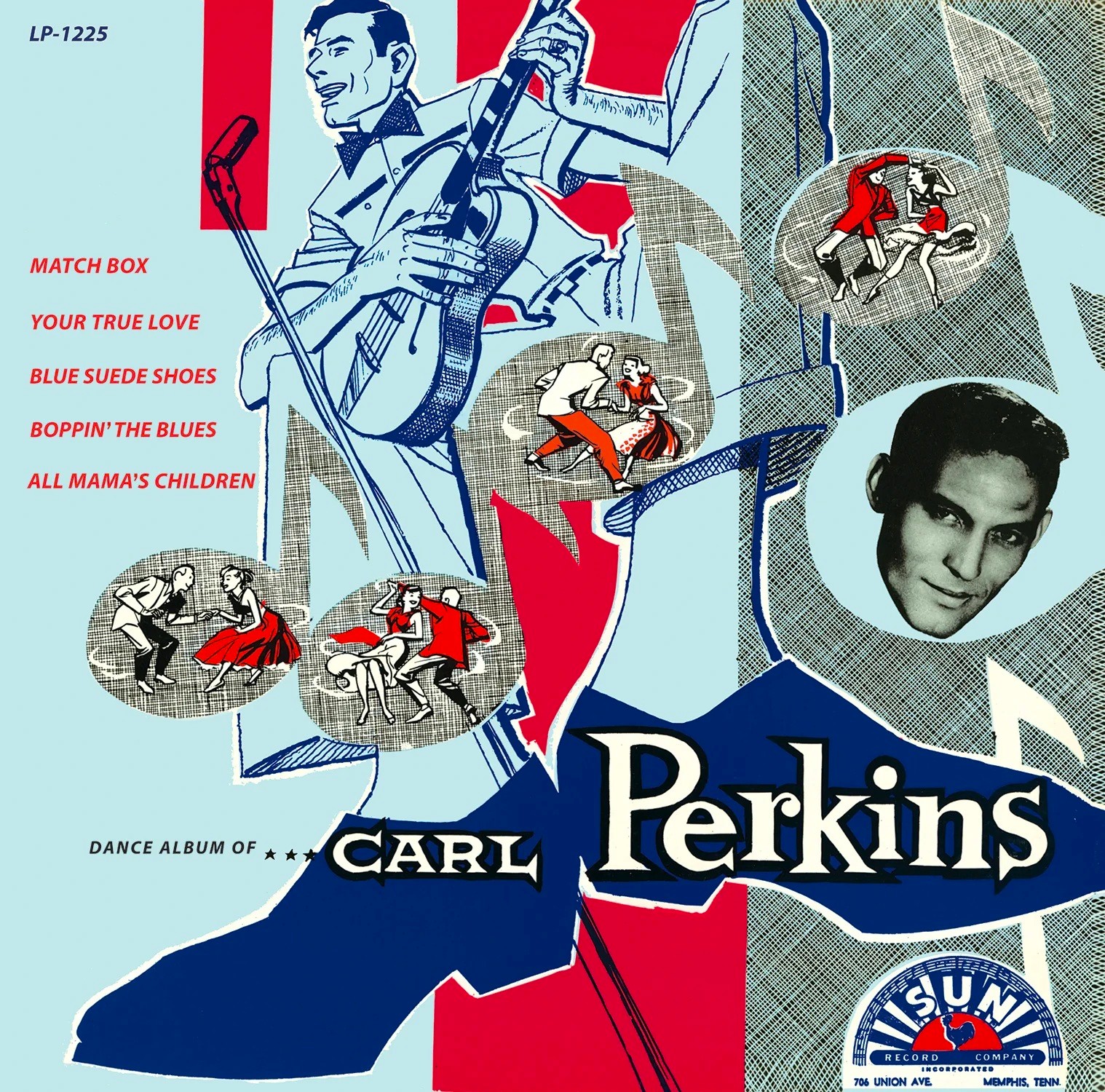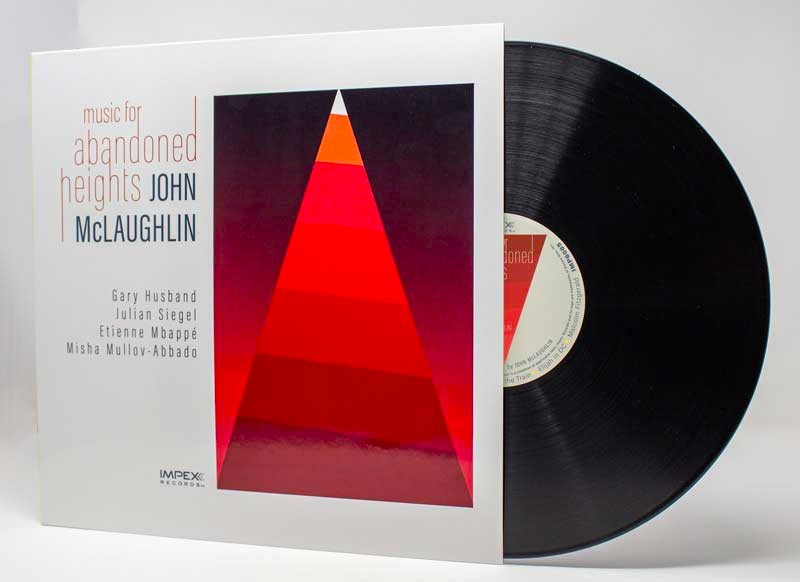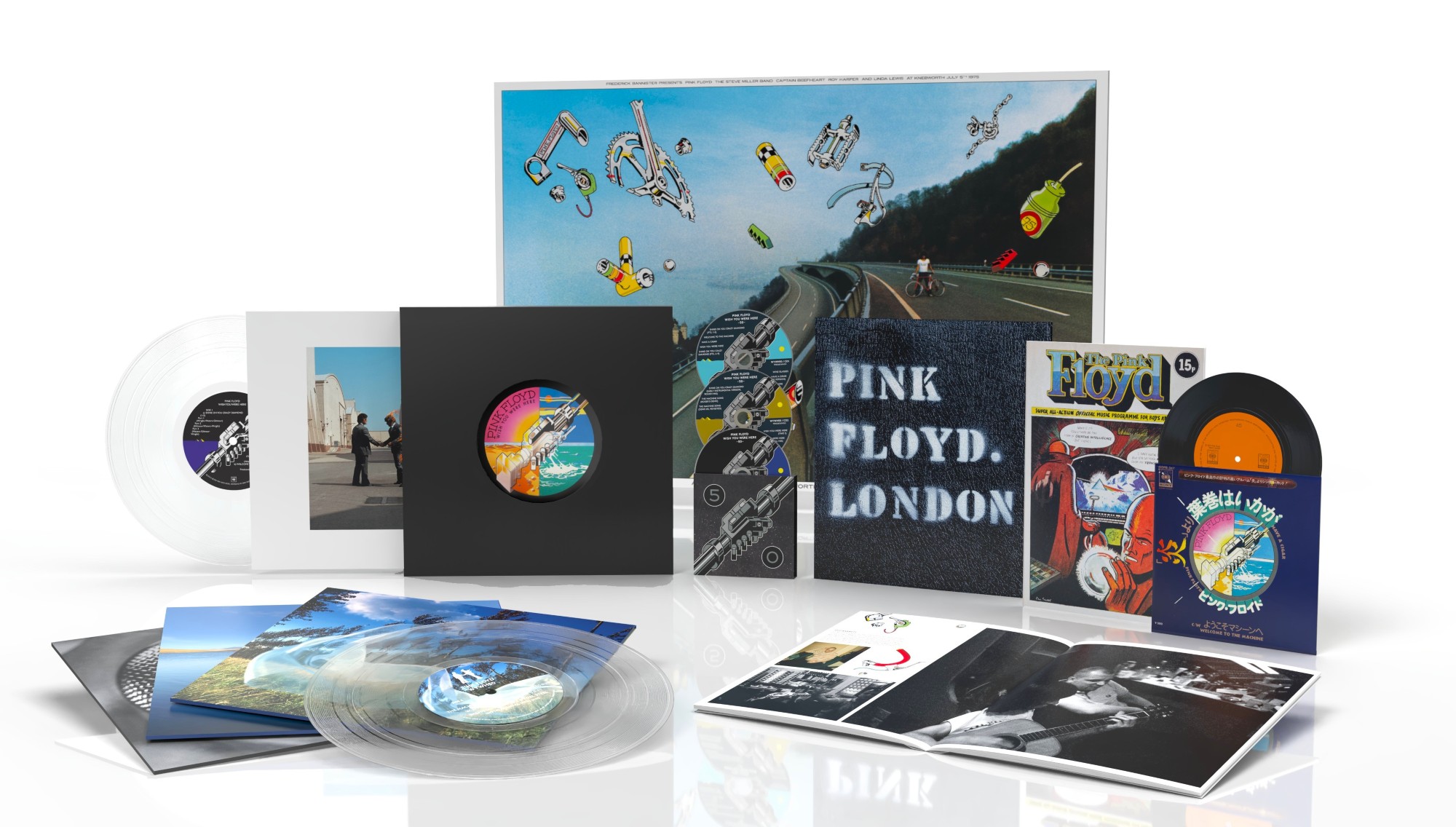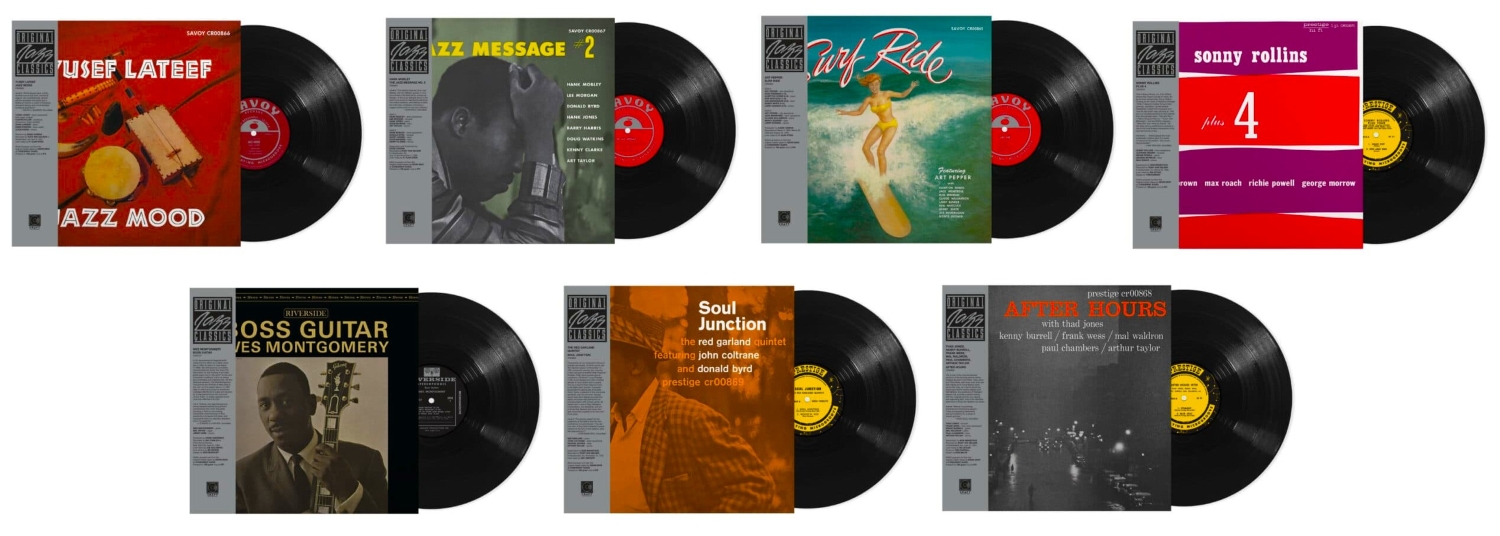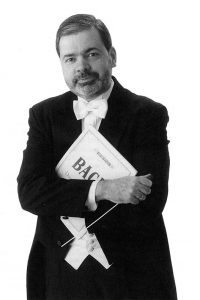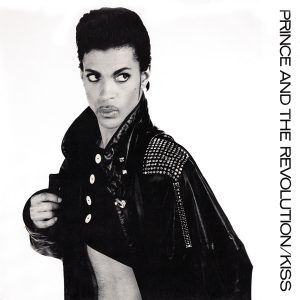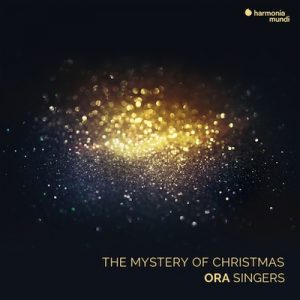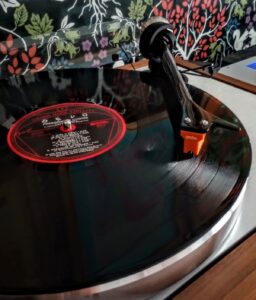Jazz Dispensary is a specialty imprint of Craft Recordings that's dedicated to mining the riches of parent company Concord Music's vast catalog of labels. The label employs what they call "sound sommeliers" to search the archives to find the finest original sources there for underappreciated masterpieces of funk, soul, jazz, and all the related genres they overlap and intersect. Jazz Dispensary chooses albums of particular merit for their Top Shelf series, which focuses on rarities of exceptional performance and sound quality, with the hope of shining a brighter light on classic albums that might have fallen off jazz lovers' radars over the decades. The latest Top Shelf LP release features a pair of rare albums from the Milestone label, including Power to the People from tenor sax master Joe Henderson and People & Love from vibraphonist Johnny Lytle. Besides sharing a people-related title theme, both of these LP records have been widely out-of-print domestically for over 50 years. Jazz aficionados of late-Sixties and early-Seventies hard bop and jazz-fusion will welcome their renewed availability.
Kevin Gray cut new lacquers for the series at Cohearent Audio; both albums were remastered from the original master tapes in an all analog, AAA process, and the LPs were pressed on 180-gram vinyl at RTI. Both Top Shelf albums were housed in near-perfect replicas of the original, tip-on outer jackets, with crisp album art sourced from Milestone and Craft's vaults. The LPs arrive inserted into rice paper inner sleeves, which keeps them free from static build-up and paper dust accumulation, and helps guard against scratching. The extraordinary level of quality displayed by the pressings and packaging will add significantly to their desirability to collectors. Both albums can be ordered HERE, and are also available for digital streaming at most online services. If any particular title appears to be sold out at Craft's web store, it very likely will still be available from multiple retailers online or at your local independent record store.
Joe Henderson, Power to the People. 180 Gram Milestone LP, $30 MSRP
For Joe Henderson's third studio album for upstart label Milestone Records, Power to the People, he and producer Orrin Keepnews assembled a crack team of musicians in New York's Plaza Sound Studio in May, 1969. The lineup included Henderson on tenor saxophone, trumpeter Mike Lawrence (tracks 2 and 5), Herbie Hancock on piano and electric piano, Ron Carter on upright bass and electric bass (tracks 2 and 5), and Jack DeJohnette was behind the drum kit. Engineer George Sawtelle recorded the album over a period of two days; the pair of quintet tracks featuring trumpeter Mike Lawrence were recorded on May 23, and the balance of the album tracks were recorded on May 29. Joe Henderson composed five of Power to the People's seven tracks; "Opus One-Point-Five" was composed by bassist Ron Carter, and "Lazy Afternoon" was composed by Jerome Moross and John Latouche.
Side one opens with "Black Narcissus," which is easily Power to the People's—as well as Joe Henderson's—best known tune. As well as one that became part of his live set lists for many years afterwards, and has been covered by many other jazz artists over the years. It's a jazz-waltz tune presented as a quartet number that features Herbie Hancock on electric piano; otherwise, it's a deeply poignant, all acoustic affair that's unlike any other composition on the album. The moment the needle dropped onto side one, and the lilting waltz that is "Black Narcissus" started playing, I instantly knew I'd heard this track before—if not Joe Henderson's version, then definitely one of the many covers of this excellent tune. This track alone is reason enough to pick up this reissue! Henderson's "Afro-Centric" has a vibe reminiscent of Miles' In A Silent Way, and here the band becomes a more electric quintet, with Ron Carter switching to electric bass, Herbie Hancock on electric keys, and Mike Lawrence jumping in on trumpet. The next two quartet numbers, bassist Ron Carter's "Opus One-Point-Five" and Henderson's "Isotope" are both entirely acoustic, with Hancock on piano and Carter on upright bass. Everyone solos liberally throughout, with Henderson providing some of his best sax work on record.
Side two opens with the title track, "Power to the People," which at nearly nine minutes is the album's longest track. It returns to a more jazz-fusion style, where Henderson and Mike Lawrence trade licks and solo extensively; Hancock's electric piano and DeJohnette's fiery drumming propel the song throughout its duration. "Lazy Afternoon" returns to an all-acoustic, quartet setting, where Henderson and Hancock play off each other magnificently. The album concludes with an acoustic trio number, "Foresight and Afterthought," which was an impromptu studio jam featuring Henderson, Carter again on upright bass, and DeJohnette's drums. The tune veers heavily towards the avant-garde, and starts, stops, and changes tempos throughout, with all three musicians soloing furiously off each other; it's definitely one of the LPs standout tunes! Power to the People was a significant departure for Joe Henderson, marking the first time in his long career he'd recorded an album that featured electric instruments.
Johnny Lytle, People & Love. 180 Gram Contemporary LP, $30 MSRP
Vibraphonist Johnny Lytle began his career as a drummer, but eventually switched to the vibes in the mid-Fifties; none other than renowned bandleader Lionel Hampton declared Lytle was "The Greatest Vibes Player in the World." As a leader, he recorded more than 30 studio albums, and eventually was signed by Orrin Keepnews to Milestone Records; People & Love was his second studio album for the Milestone label. The recording sessions took place in August 1972 at Mercury Sound Studios in New York, and the album was engineered by Elvin Campbell. The musicians Lytle assembled for the sessions included Marvin Cabell on flutes and tenor sax, Daahoud Hadi (aka Butch Cornell) on electric piano and organ, Bob Cranshaw on electric bass, Jozell Carter on drums, Arthur Jenkins on congas and percussion, and Betty Glamann on harp. Johnny Lytle and Daahoud Hadi shared the arranging chores for the album's five tunes.
Side one is definitely the more laidback half, and opens with the Ralph MacDonald/William Salter tune, "Where is the Love." Which was popularized by Roberta Flack and Donny Hathaway's version in 1972—their version beat Lytle's to the punch, and rapidly climbed the charts. That said, Lytle's version is a completely joyful arrangement of the tune that could easily have been a huge hit, and despite its poppish and ebullient tone is definitely one of the album's high points! Lytle's composition "Libra" follows, and the harp and vibes intro gives the song kind of a poppish initial feel. But the tune soon settles into a more jazz-fusion vibe with Lytle and Hadi soloing off each other across much of the nine-minute length. The side one closer, Lytle's "Family," starts out with a poignant theme played between Betty Glamann's harp and Lytle's vibes, then slowly begins to shift into a showcase for Lytle's mastery of the vibraphone.
The tone shifts to a definitely more electric one with the side two opener, Daahoud Hadi's "Tawhid," which features a fusionesque intro from Cranshaw's electric bass, Hadi's driving keyboards, and Jozell Carter's propulsive drumming. Lytle's vibes and Marvin Cabell's tenor sax play against each other to the tune's midpoint, where an extended electric piano solo from Hadi helps return the tune to its original theme. The album closes with an extended version of Thom Bell and Linda Creed's "People Make The World Go 'Round," which was a huge hit for the pop vocal group The Stylistics, also in 1972. At twelve minutes, it's the album's longest tune and its de facto centerpiece, and despite its poppish connotations, is given anything but a pop reading here! It opens with a subdued intro that features bass, drums, Hadi's electric piano, and Lytle's vibes, with Marvin Cabell's tenor squawking and honking throughout. At about the minute-and-a-half mark, the tune's more recognizable theme is finally stated, but it proceeds in a much darker direction than the Billboard top-ten version laid down by The Stylistics. Jozell Carter's drumming shifts to an almost march-like backbeat, and Lytle, Cabell, and Hadi all offer significant solos, eventually followed by a concurrent solo from Carter's drums and Cranshaw's electric bass. Taking the song to the ten-minute mark, where the almost avant-garde musicianship of the last eight minutes returns to the more recognizable main theme that takes the tune, and the album, to a wildly ethereal conclusion.
Jazz Dispensary Top Shelf Reissues are Must-haves!
Click my name in the header above and you can see the specific equipment I used to evaluate the pair of Jazz Dispensary Top Shelf LPs, as well as all the equipment that populates both of my systems. The LPs were played on my tube-based, all analog system, and as both were stereo recordings, I used my ProJect Classic turntable that's fitted with an Ortofon Quintet Bronze MC cartridge. That played into my PS Audio Stellar phono preamp; the combination tracked the pressings effortlessly, with nearly silent backgrounds and no appreciable groove noise. I didn't happen to have original pressings on hand for comparison purposes for either record. That said, Craft Recordings is dedicated to making the quality of their reissues a top priority, and both album packages in this Top Shelf release are models of perfection.
The pair of Jazz Dispensary Top Shelf LPs were superb in every regard: the RTI pressings were perfectly flat, had beautifully glossy surfaces, and were completely silent during playback. For studio sessions dating from 1969 and 1973, both LPs surprisingly featured the kind of sonic attributes one might have expected from classic period recordings closer to the dawn of stereo. Both albums walk a tightrope between Miles Davis-inspired jazz fusion (think In A Silent Way), hard bop, and funk-pop, but I nonetheless found them to be enlightening, entertaining, viscerally gripping, and an absolute joy to listen to. I'm a huge fan of jazz and jazz fusion albums from the period, and these Milestone reissues rate near the top in terms of their crystalline sound and exceptional performances. I'm pretty astonished that I had no prior knowledge of either of these outstanding albums, but much of what I was hearing rang familiar to me. Having heard them now, they're indispensable to my collection!
Finding an affordable, readily available domestic mint original pressing for either of these albums seems unlikely: no rated NM (near mint) and only two rated VG+ (very good plus) copies of Johnny Lytle's People & Love are currently available on Discogs, and they range from $80 upwards of $150. Only a single rated NM copy of Joe Henderson's Power to the People is available on Discogs, and it's going for $790! Considering the perfectionist quality of these LPs, they're very likely to sell out quickly, and that alone should make getting both of these excellent reissues among your top priorities. Both Jazz Dispensary Top Shelf reissues come very highly recommended!
Craft Recordings
All images courtesy of Craft Recordings and the author.




